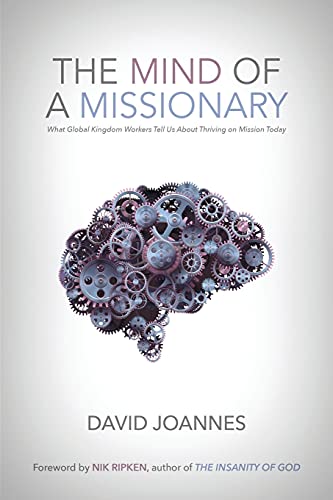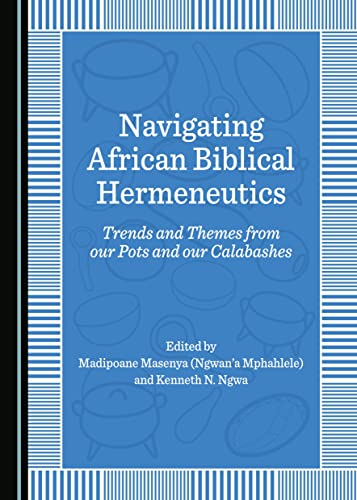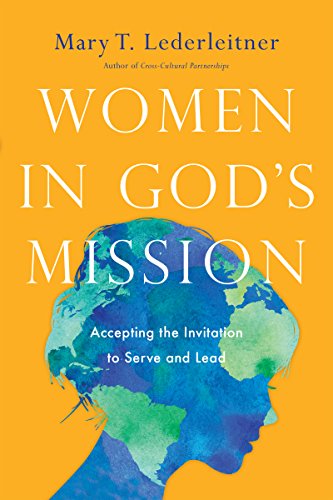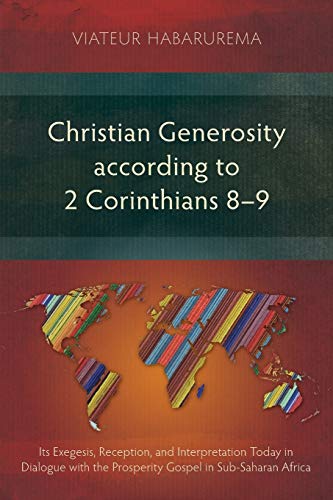The Mind of a Missionary: What Global Kingdom Workers Tell Us About Thriving on Mission Today
Written by David Joannes Reviewed By Mwana HadisiIn The Mind of a Missionary, David Joannes explore the spiritual dynamics and psychological processes that motivate and sustain effective long-term, cross-cultural workers. By providing a descriptive analysis of these internal factors and demonstrating that they are available to all believers, the author makes a passionate plea for his readers to either consider missions or, if actively engaged, to persevere in that role. Joannes himself has spent the last twenty years in mission work, first in China, then Southeast Asia, and is the co-founder and president of Within Reach Global, an organization dedicated to evangelizing unreached people groups in the 10/40 Window.
Joannes divides his book into four broad categories relating to the missionary task: the motivations, expectations, risks, and rewards of missionary service. Each category is further divided into three narrower topics, with a chapter given to each. Motivations, for example, is subdivided into chapters dealing with compassion for the lost, obedience to the commands of Christ, and passion for the glory of God.
In order to carry out his analysis, each chapter introduces a “missionary ‘guide’ who gives you keys to thriving on mission today” (p. xviii). Six of these guides are famous missionaries from the past: C. T. Studd, Count Zinzendorf, Robert Moffat, William Carey, Hudson Taylor, and Amy Carmichael. The remaining six are more contemporary figures, some familiar and others unknown. They include Jim Elliot, Jackie Pullinger, David Eubank, Nik Ripkin, Don Richardson, and Heidi Baker. Joannes draws on the journals and biographies of these missionaries or, in some cases, on his own personal interactions with them.
This biographical information is supplemented with insights from psychology plus a wide variety of mission thinkers such as John Piper and David Platt. In addition, the author uses data derived from a number of published surveys of missionaries as well as feedback from his own survey and interviews.
This book has much to admire. As a missionary who has served for 40 years in Africa and the Middle East, I found myself spiritually reinvigorated by the author’s message regarding both the necessity and joy of participating in the Great Commission. It’s impossible to study the lives of great missionaries and not be caught up in their passionate love for Christ and lost people. Joannes also does a good job, contra modern trends, of arguing for the retention of the cross-cultural element within the concept of “missionary.” Because this element has been lost and every believer is called a missionary, Joannes argues that the unreached populations of the world are easily overlooked: “If the context of our disciple-making endeavors remains within our own zip codes, countless millions will perish without a chance to meet their Savior” (p. 57). Finally, Joannes is a strong advocate for missionaries to learn the local language and be students of the culture to which they are sent.
But does the author succeed in giving us a more comprehensive understanding of how missionaries think and feel? I don’t think so. While Joannes skillfully blends his multiple sources, the only new perspectives are those he takes from psychology, and they only confirm what we already know. For example, after spending four pages in his first chapter explaining Edward Deci’s Self-Determination Theory and its impact on motivation, Joannes concludes with John Stott’s observation that the reason behind missionary service is missionaries’ unshakeable belief that Jesus alone is the way to God. Joannes continues: “The love of God compels us to trust His sovereignty, dare the impossible, and walk in the power of the Holy Spirit” (pp. 11–12). Well said, but hardly ground-breaking. The same results occur when the author introduces other psychological material such as Solomon Asch’s conformity experiment (pp. 86–88).
There are also drawbacks in Joannes’s work. The most serious is his use of David Eubank and Heidi Baker as two of his missionary “guides.” Eubank is the founder of Free Burma Rangers (FBR), a ministry that brings aid and medical care to conflict areas such as Burma, Iraq, and Sudan. Besides the danger, what makes this ministry highly unusual is that Eubank brings his wife and three children into these war zones to minister alongside FBR volunteers. Apart from my problem with intentionally exposing children to these situations, my concern is with Joannes’s recommendation, “Perhaps Eubank’s example will reset our portrait of ‘normalcy’” (p. 112). All missionary families, especially those serving in majority world contexts, experience dangerous circumstances along with God’s sustaining grace. To suggest, however, that the Eubank’s ministry ought to become the benchmark for ordinary missionary work is bizarre. Heidi Baker is troublesome because her ministry, punctuated by signs and wonders, involves her in the Toronto Blessing (p. 246). Given the excesses of that movement, to use her as a guide is off-putting for many readers, including myself. Perhaps it should be no surprise that Joannes’s own organization, Within Reach Global, is a member of the Full Gospel Fellowship of Churches and Ministers International. Joannes’s purpose would have been better served if he had chosen two workers whose circumstances and ministries are truly representative of the vast majority of missionaries serving around the world today.
Mwana Hadisi
Mwana Hadisi
Phoenix Seminary
Scottsdale, Arizona, USA
Other Articles in this Issue
This article is a brief response to Bill Mounce’s recent Themelios essay in which he argues that functional equivalence translations such as the NIV are the most effective approach to Bible translation as they carry over the meaning of the original text...
In 1 Timothy 2:15, Paul asserts “the woman will be saved through the childbirth...
This article argues that Paul compares the day of the Lord to a thief in the night in 1 Thessalonians 5:2 because of the influence of Joel 2:9...
The Jerusalem Donation was the Apostle Paul’s largest charity drive...






